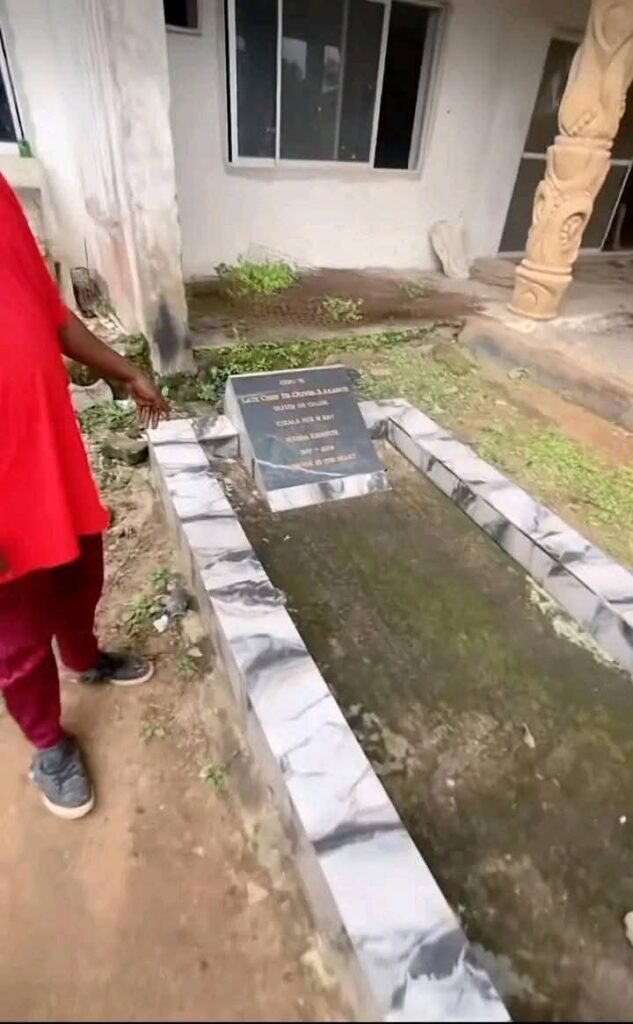By Sola Ojewusi
In the pantheon of African highlife music, few names shine as brightly as Chief Dr. Oliver Sunday Akanite—fondly known to the world as Oliver De Coque. The maestro, with his magical guitar strings and philosophical lyrics, enthralled audiences across Nigeria and beyond, defining a generation with his unique brand of Ogene Sound Super of Africa. From “People’s Club of Nigeria” to “Nnukwu Mmanwu” and “Ana Enwe Obodo Enwe,” his songs carried the heartbeat of the Igbo people while etching a permanent place for highlife music in Africa’s cultural firmament.
But today, 16 years after his passing, the once radiant spotlight on this giant has dimmed. His sprawling country home in Ezinifite, Nnewi South LGA of Anambra State—a structure that once bustled with music, laughter, and guests from all walks of life—now lies in slow decay, a metaphor for the way Nigeria treats its cultural icons.
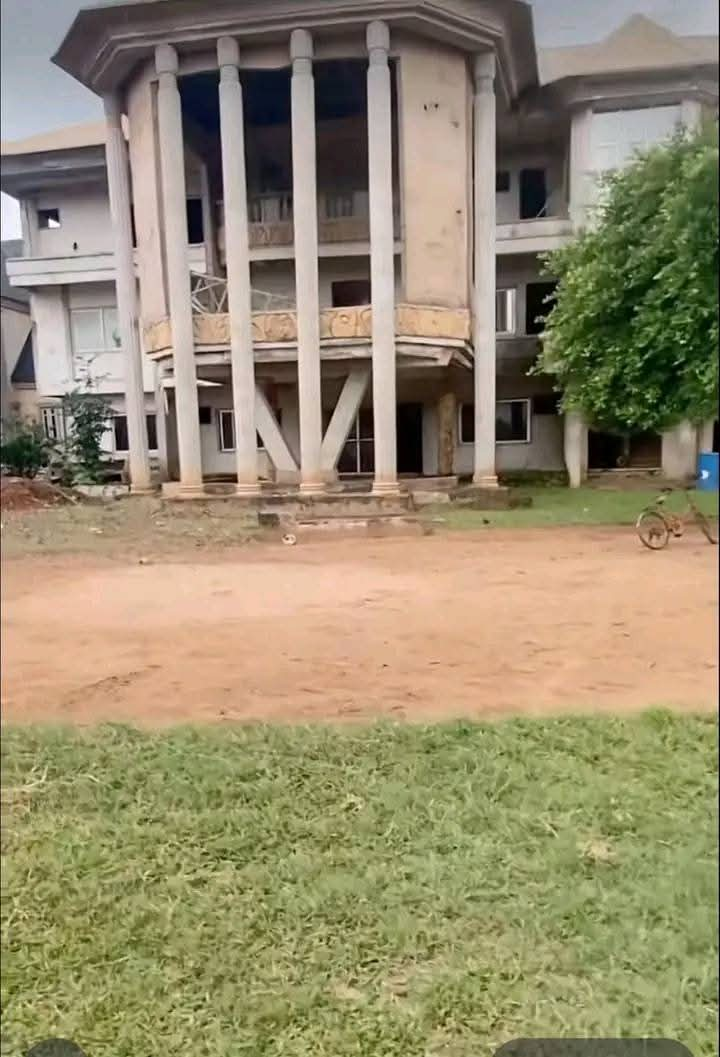
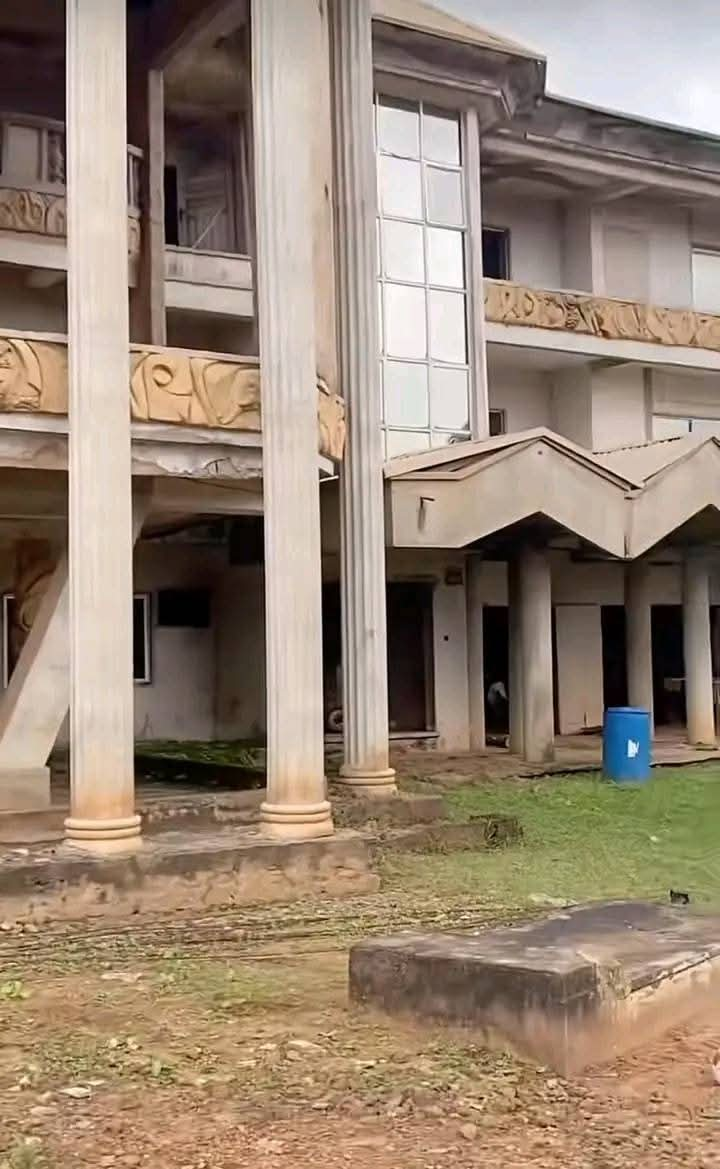

The compound, which ought to serve as a national monument, museum, and cultural hub, stands in muted silence, its walls whispering forgotten stories of one of Africa’s greatest musicians. Here was a man who entertained presidents, governors, kings, and the masses with equal grace, yet the state and federal governments have offered little recognition to his legacy beyond platitudes.
A Guitar Silenced, A Legacy Neglected
Oliver De Coque was not just a musician; he was a cultural ambassador who used his music to chronicle the socio-political life of Nigeria. His guitar was both an instrument and a storyteller, his music an archive of philosophy, history, and moral instruction.
Yet, the absence of deliberate cultural policy has left his legacy untended. In saner climes, the home of Oliver De Coque would have been preserved as a tourist destination and research center for African music. Visitors would walk through galleries of his records, photographs, and costumes; music students would study his improvisational genius; and his gravesite would be a place of pilgrimage for fans across the world.
Instead, weeds grow where memories should be preserved. Neglect has reduced a cultural treasure into a forgotten relic.
A Wake-Up Call to Governor Soludo
Professor Chukwuma Charles Soludo, Anambra’s cerebral governor, is widely admired for his vision of a “Liveable and Prosperous Homeland.” But can such a vision be complete without honoring those who defined the cultural identity of the land?
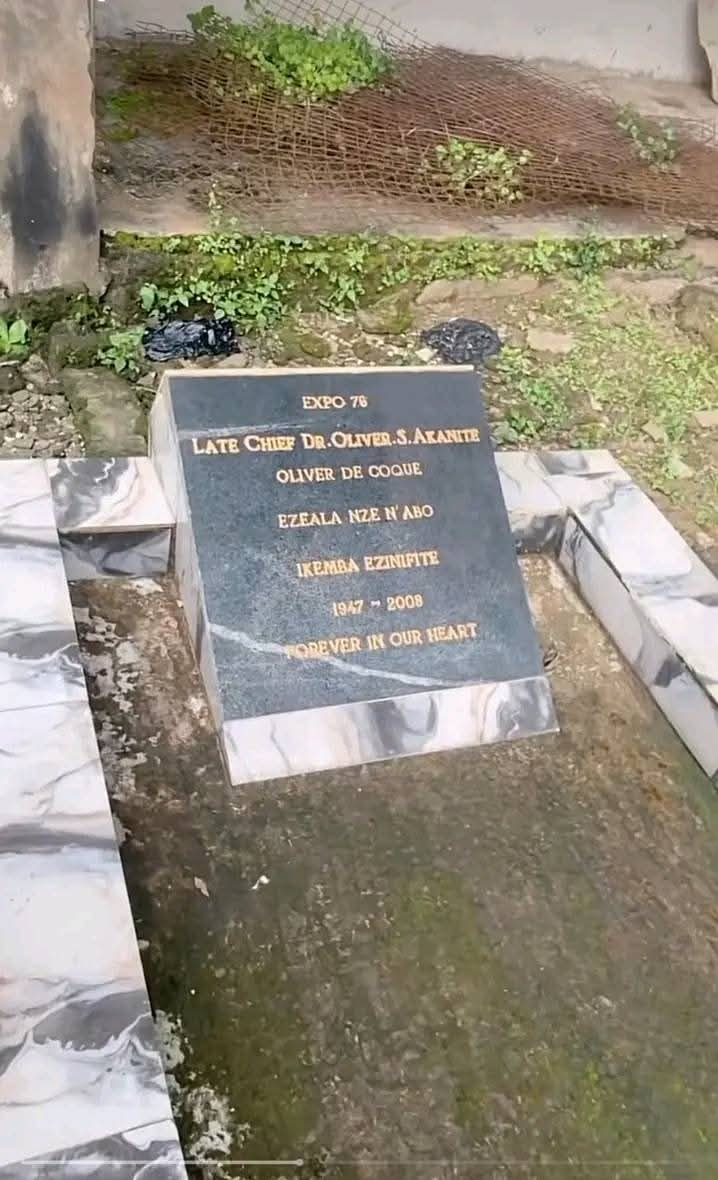


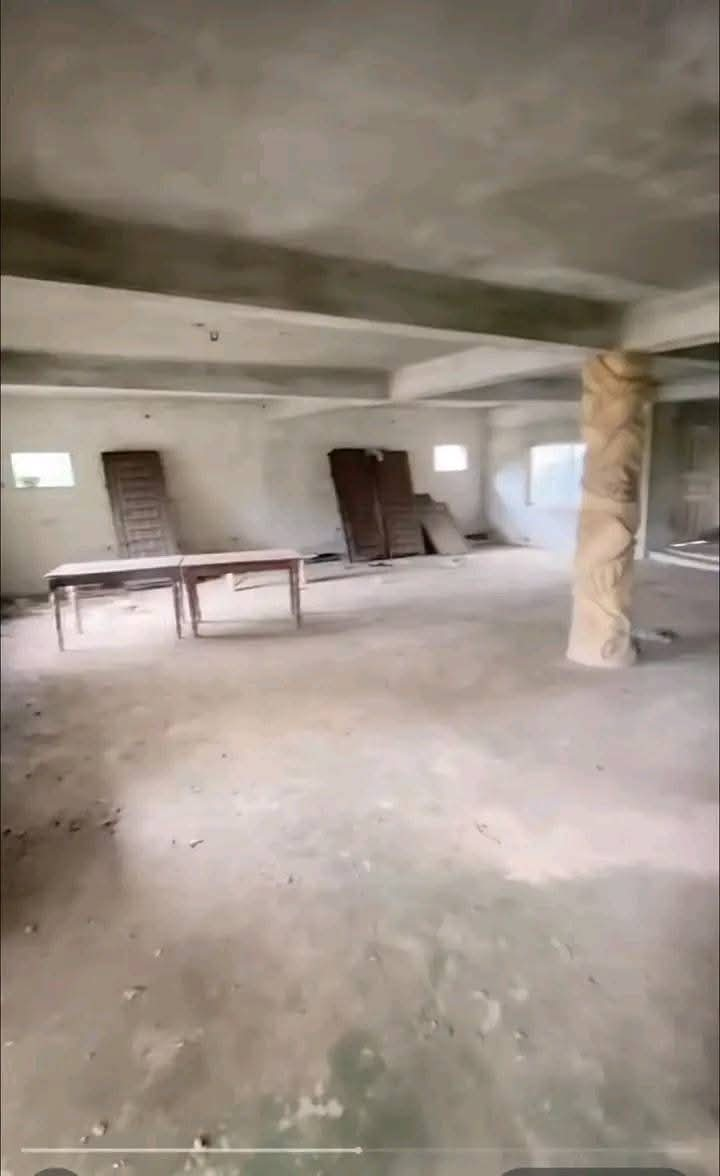
Soludo has the opportunity to immortalize Oliver De Coque by transforming his Ezinifite home into a state-recognized cultural museum and music institute. Such a project would not only preserve the legacy of the Guitar Boy but also generate tourism, employment, and pride for Anambra State.
Anambra, rich with artistic legends from Chinua Achebe to Chukwuemeka Ike, Christy Essien-Igbokwe, and now Oliver De Coque, must begin to rethink its cultural vision. A people without memory are a people without direction. Preserving Oliver’s legacy is not just about one man; it is about affirming the worth of Nigerian culture in a world that too easily forgets.
The Last Chord
As the sun sets over his quiet compound in Ezinifite, one can almost hear the faint echo of his guitar—still strumming, still urging, still alive in memory. Oliver De Coque gave Nigeria his art, his genius, and his soul. What he deserves in return is not silence, but a monument, a museum, and a celebration of his undying music.
For now, the house remains a shadow of its glory. But it does not have to be this way. Governor Soludo, Anambra, Nigeria—this is your wake-up call.
The guitar has been laid down, but the song is not over.
Pictures Courtesy of This is Bendel

